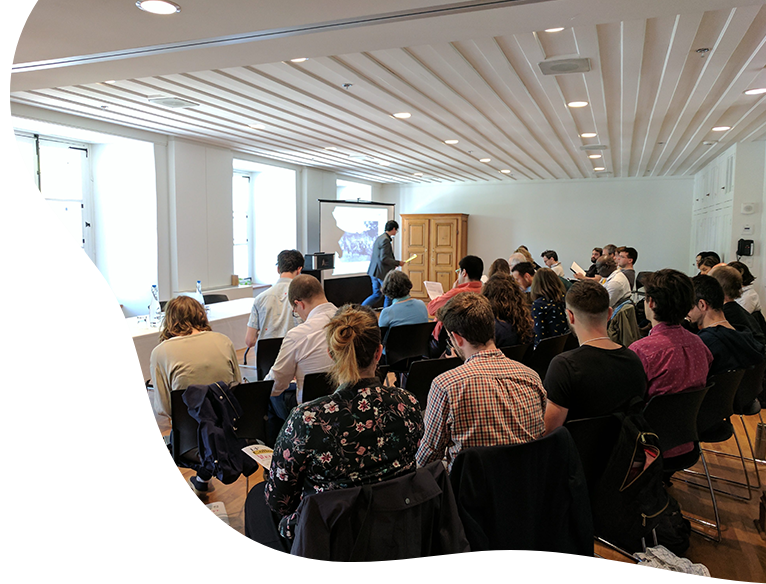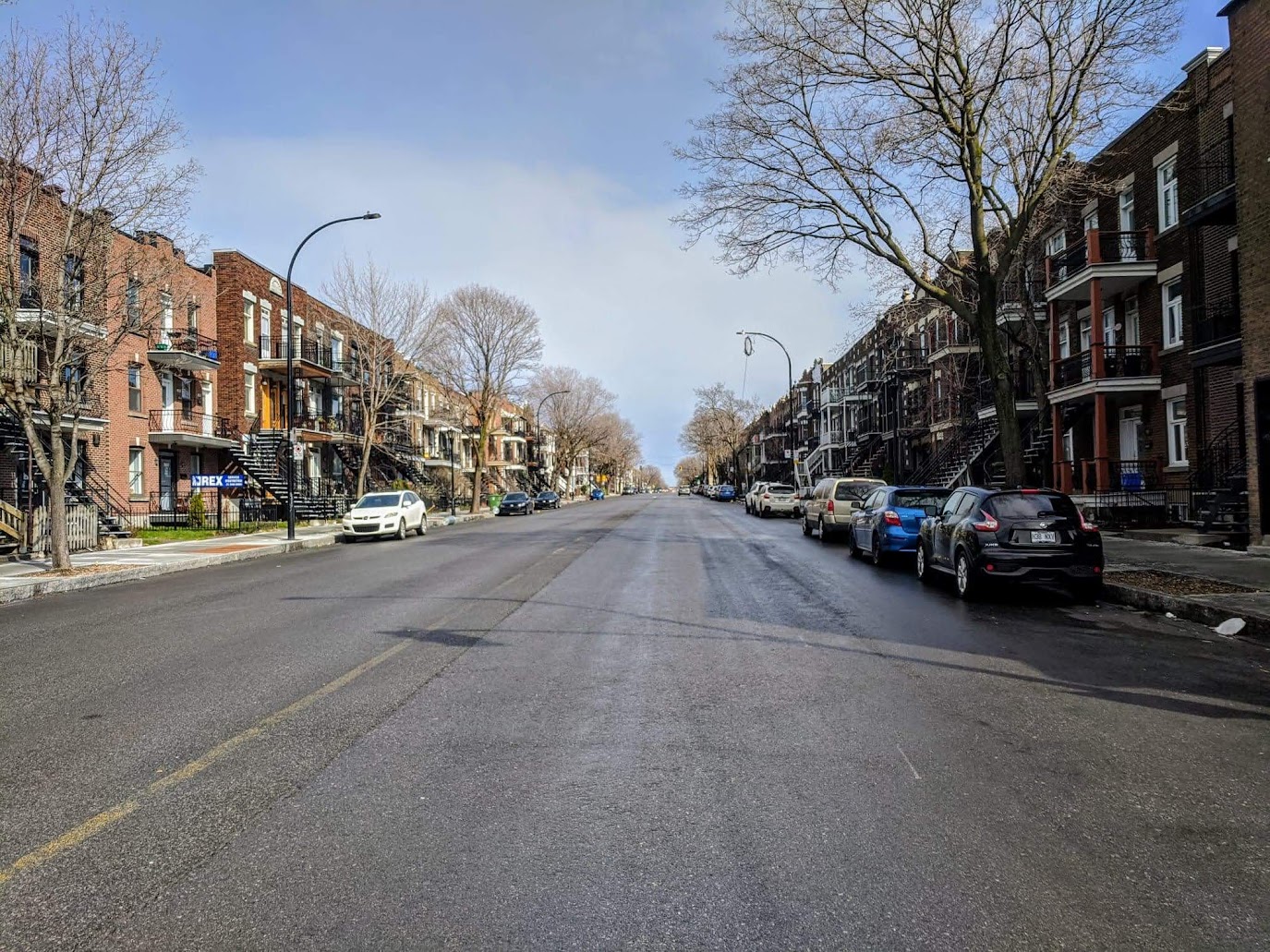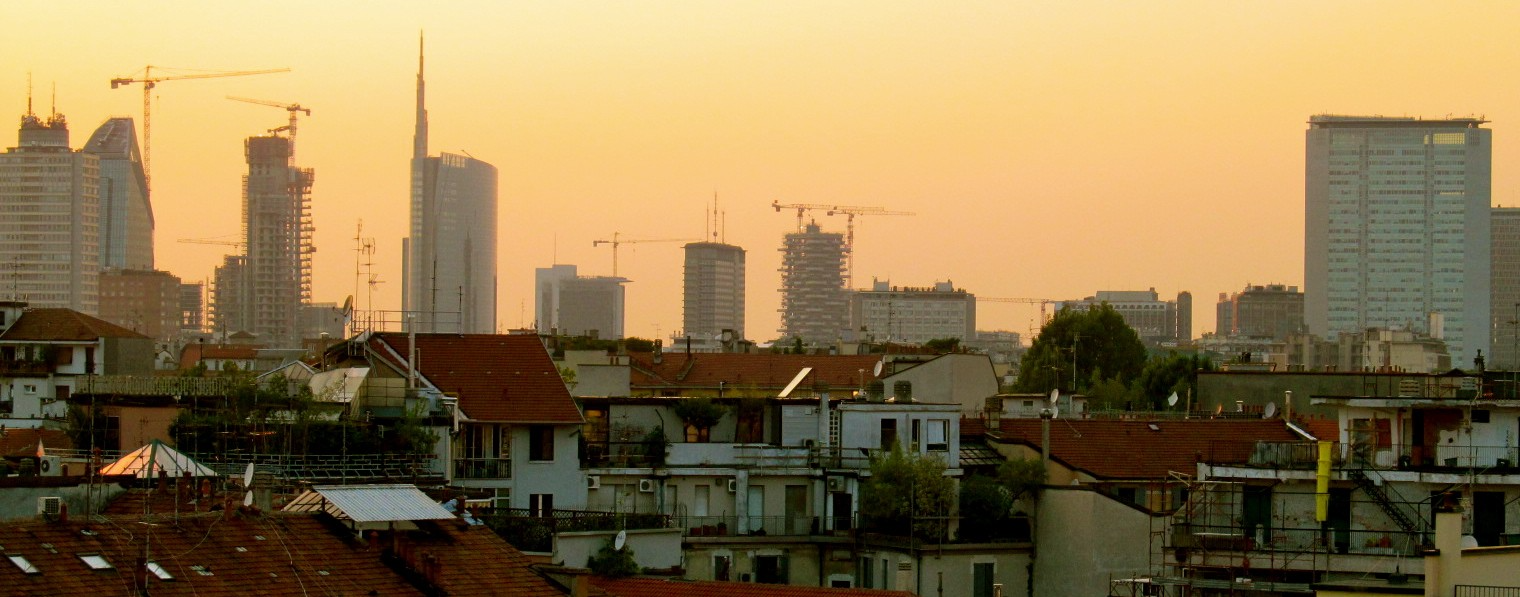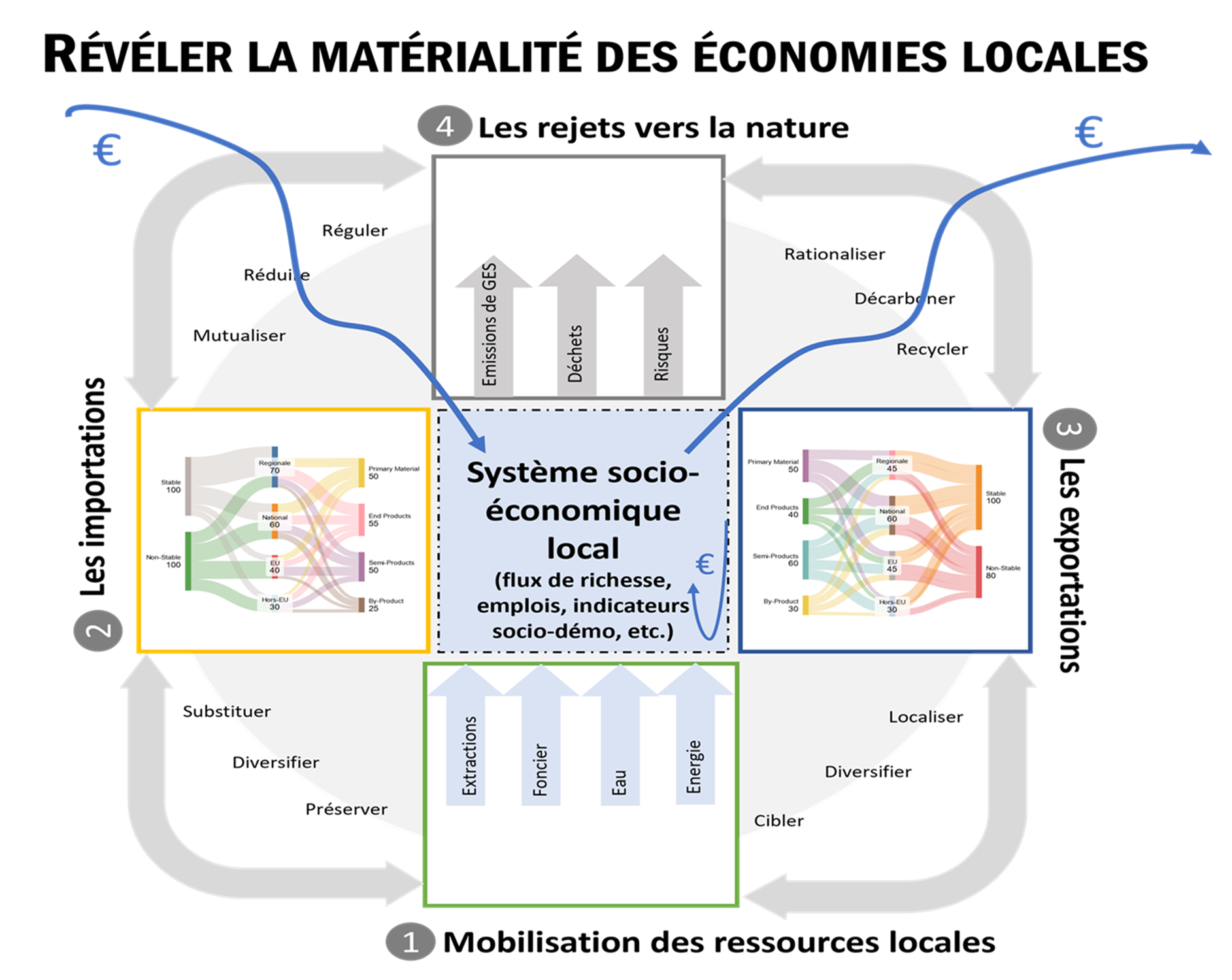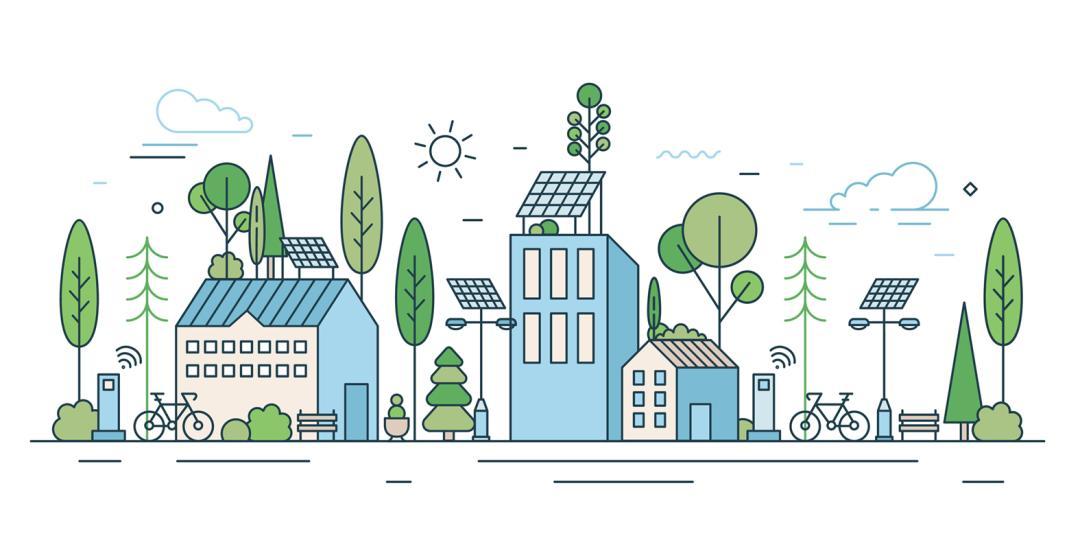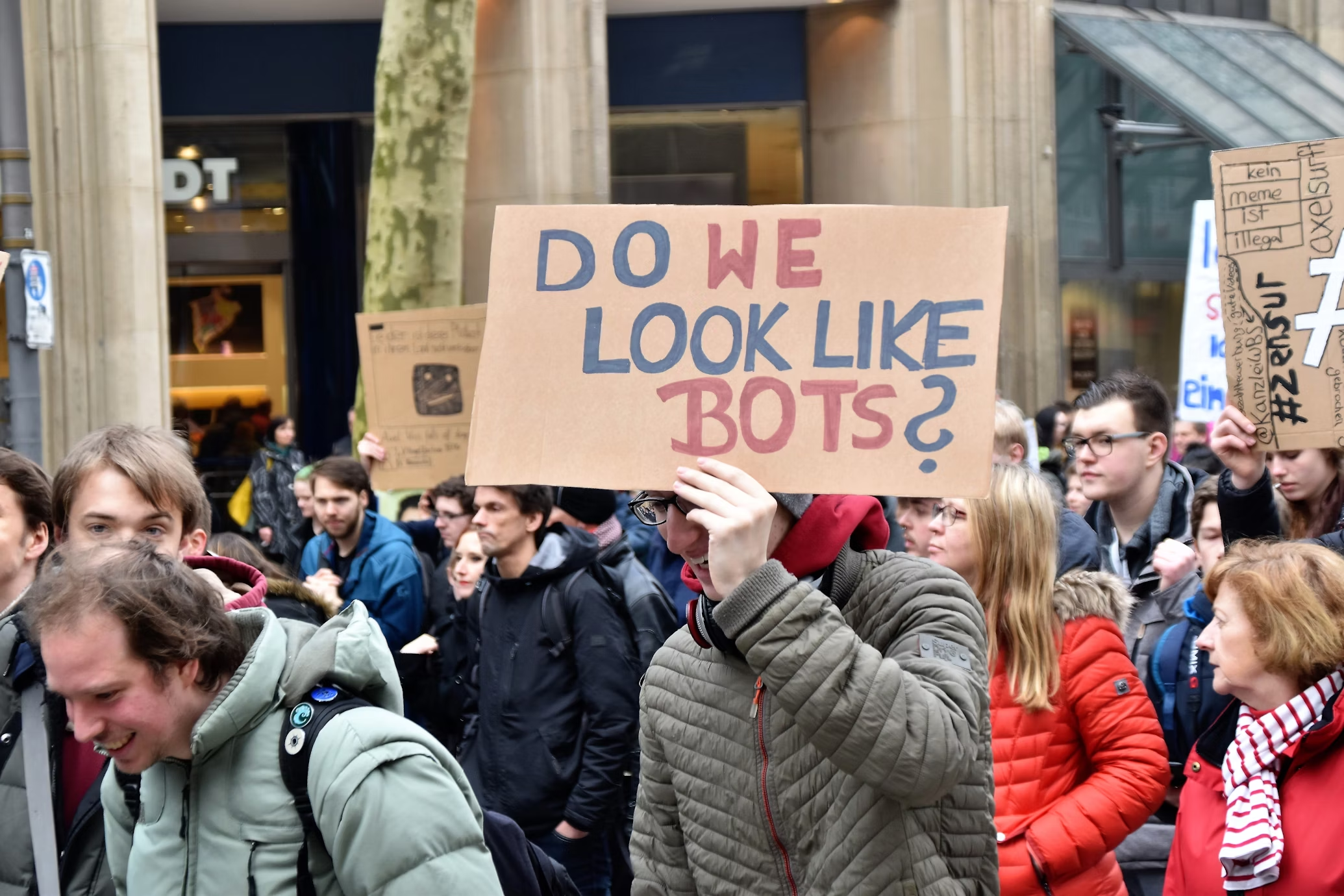Conférence midi de Owen Waygood et Shabnam Abdollahi - Measuring Traffic Hazard to Systematically Address Traffic Danger
18 novembre 2025
Safe streets are more than a lack of collisions. It is understanding where the hazard - the potential to kill or severely injury - exists. This presentation will first introduce the concept of traffic hazard and why this approach will help address traffic danger systematically. Then, it will explain how we developed a means of estimating traffic hazard that can be applied across the entire road network. It will close with an example of the application of this new knowledge to identify where to address traffic danger for children going to school.
Conférence midi de Sylvie Paré - Urbanisme inclusif: entre perceptions des citoyen·ne·s et perspectives des acteur·rice·s clé·e·s dans Hochelaga-Maisonneuve à Montréal
27 octobre 2025
La planification urbaine inclusive est une approche de plus en plus pertinente en urbanisme et en études urbaines. Qu’il s’agisse de l’inclusion des personnes vulnérables dans l’accès sécuritaire aux espaces publics, les acteurs de la planification repensent la ville en tenant compte des enjeux de justice spatiale, du droit à l’usage équitable des espaces publics et à l’égalité d’accès pour toutes et tous. À Montréal, Hochelaga-Maisonneuve a connu une profonde transformation de sa population, tant du point de vue socio-économique que socio ethnique. La gentrification y est à l’œuvre depuis trois décennies et est associée à une certaine revitalisation urbaine. Notre étude de cas, la Place Simon-Valois, montre que le principe de l’accessibilité universelle n’est pas garant de pratiques et d’usages équitables. Nos résultats révèlent aussi des perceptions très nuancées entre acteur·rice·s clé·e·s et résident·e·s.
Conférence midi de Carola Ludovica Giannotti Mura - Closing the (rent) gap: financialised geographies of student housing in Milan
24 octobre 2025
The talk will delve into the dynamics of student housing financialisation, highlighting how evolving forms of statecraft, urban branding strategies, and a dominant discourse around the need to “close the gap” between demand and supply of student beds have shaped an increasingly financialised student housing landscape in Milan, Italy. It will explore how the local state’s role as an enabler of financialisation intersects with varying degrees of embeddedness and visibility of key financial and real estate actors in the city, and how these shifting relationships may open (or constrain) possibilities for grassroots contestation of the financialisation of housing and urban development.
Conférence midi de Magali Talandier - La résilience des systèmes territoriaux : un enjeu de flux de richesse et de matière
23 octobre 2025
Les territoires, considérés comme des systèmes de flux, d’acteurs et de lieux, s’inscrivent dans des logiques multiscalaires. Ils dépendent et mobilisent des ressources endogènes et exogènes. Leur capacité à résister aux crises économiques, environnementales, géopolitiques est conditionnée par ces interdépendances. Rendre visible ces flux matériels et immatériels permet de mieux comprendre la résilience, mais aussi les facteurs de vulnérabilité, des villes et de leur hinterland. Les travaux présentés portent sur des cas d’études français et européens, montrant comment d’une part les richesses circulent (flux immatériels), mais aussi comment la matérialité des systèmes économiques locaux conditionne l’avenir des territoires.
Conférence midi de Gilles Debizet - L’essor des communautés énergétiques en France : initiatives, cadrages et trajectoires
4 juin 2025
Inspirée par son homonyme anglophone, l’expression « communauté énergétique » est utilisée depuis quelques années en France dans les discours publics et la littérature en sciences sociales ; elle recouvre une diversité de formes organisationnelles et de situations empiriques. Deux d’entre elles - les coopératives citoyennes et les collectifs d’autoconsommation - constituent des alternatives aux modalités dominantes des marchés de l’énergie et connaissent un essor rapide. L’intervention précise leurs caractéristiques et dessine leurs trajectoires historiques et spatiales. Anticipant des controverses suscitées et amplifiées par cet essor, un ensemble de voies de recherche et de concepts heuristiques est esquissé.
Conférence midi de Dillon Mahmoudi - The Code of Capital: Labor, Automation, and the Means of Computation
4 juin 2025
This project rethinks software development as the central labor process of digital capitalism. Drawing from Marxist political economy, feminist theory, and critical infrastructure studies, the talk examines how labor is abstracted, automated, and reorganized to enable new regimes of accumulation. It argues that computation is not a neutral tool but a material system built from—and designed to extract—human labor. Through empirical case studies of programming, AI development, and open-source infrastructures, the book shows how software has become capital’s means of organizing work, value, and control. At stake is not only how computation works, but who it works for.
